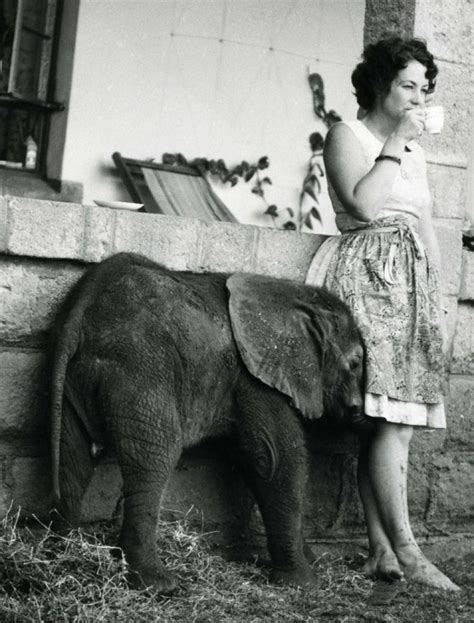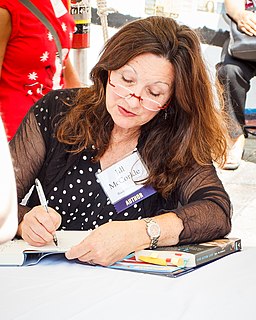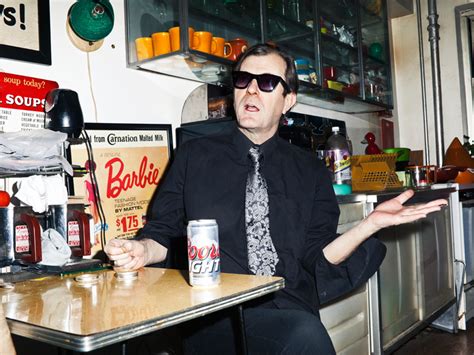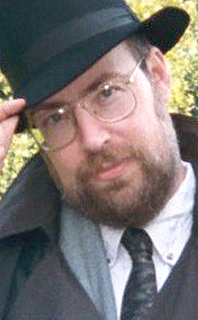A Quote by Wilhelm von Humboldt
War seems to be one of the most salutary phenomena for the culture of human nature; and it is not without regret that I see it disappearing more and more from the scene.
Quote Topics
Related Quotes
Animals are indeed more ancient, more complex and in many ways more sophisticated than us. They are more perfect because they remain within Nature’s fearful symmetry just as Nature intended. They should be respected and revered, but perhaps none more so than the elephant, the world’s most emotionally human land mammal.
Our alleged facts might be true in all kinds of ways without contradicting any truth already known. I will dwell now on only one possible line of explanation, - not that I see any way of elucidating all the new phenomena I regard as genuine, but because it seems probable I may shed a light on some of those phenomena. All the phenomena of the universe are presumably in some way continuous; and certain facts, plucked as it were from the very heart of nature, are likely to be of use in our gradual discovery of facts which lie deeper still.
When you are born without the ordinary feelings and emotions shared by most other human beings, life looks different to you. It seems at times like a movie you’re walking through, more a spectator than a participant. There is above all a lack of empathy with most of mankind, a sense of detachment. But with detachment comes perspective. The less you care, the more you know, and the more you know the less you care.
In olden times when there was a war, it was a human-to-human confrontation. The victor in battle would directly see the blood and suffering of the defeated enemy. Nowadays, it is much more terrifying because a person in an office can push a button and kill millions of people and never see the human tragedy that he or she has created. The mechanization of war, the mechanization of human conflict, poses an increasing threat to peace.
Why should anyone be afraid of change? What can take place without it? What can be more pleasing or more suitable to universal nature? Can you take your bath without the firewood undergoing a change? Can you eat without the food undergoing a change? And can anything useful be done without change? Don't you see that for you to change is just the same, and is equally necessary for universal nature?
I also came to see that liberalism's superficial optimism concerning human nature caused it to overlook the fact that reason is darkened by sin. The more I thought about human nature the more I saw how our tragic inclination for sin causes us to use our minds to rationalize our actions. Liberalism failed to see that reason by itself is little more than an instrument to justify man's defensive ways of thinking. Reason, devoid of the purifying power of faith, can never free itself from distortions and rationalizations.









































